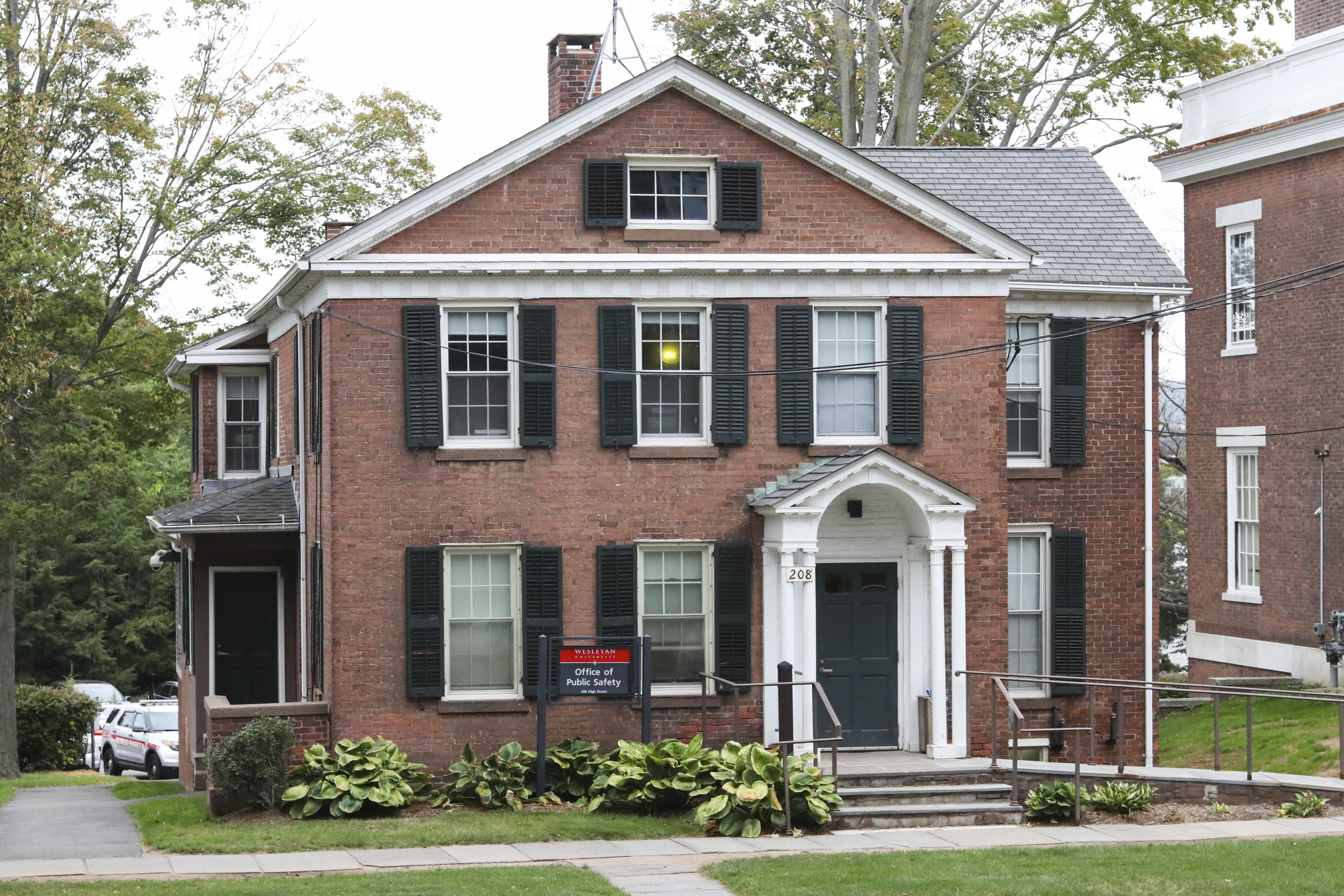
William Halliday, Photo Editor
The University released its Annual Safety Report on Friday, Sept. 15. In an all-campus email, Public Safety Director Scott Rohde announced the publication in compliance with the Jeanne Clery Disclosure of Campus Security Policy and Campus Crime Statistics Act, which requires universities to disclose incidents of crime and fire activity every year.
The report’s most recent iteration features data on crime from the 2014, 2015, and 2016 academic years. The statistics are broken down by year as well as where the incident occurred, with by far the most offenses occurring on campus in residential facilities. Sexual assault is the most prevalent crime reported on the University’s campus, with 25 reported incidences of rape reported in 2016. This is an increase from 19 the year before, though levels of sexual assault did not rise back to the 43 reported incidences in 2014.
Burglaries on and around campus are also common, with 21, 15, and 17 occurring in 2014, 2015, and 2016, respectively. A small number of incidences of dating violence, stalking, motor vehicle theft, and aggravated assault have also been reported in the last three years.
While it may seem like rates of the most common crimes are on the rise, the fact that the data covers such a short time span makes it difficult to discern any pattern. Rohde is not quick to jump to any conclusions.
“Criminal activity can vary from year to year for many reasons and predictions are difficult,” Rohde wrote in an email to The Argus. “Prevention awareness and community policing are ongoing efforts at Public Safety.”
A significant portion of the 68-page report covers procedural matters such as reporting sexual assaults and navigating the non-academic judicial process at the University. While much of the information provided in the report can also be found in the University’s Non-Academic Code of Conduct, a number of more recent initiatives were also addressed in the publication.
The report stated that University’s Office of Public Safety established a relationship with the Middletown Police Department via a memorandum of understanding.
“To enhance communications between the Middletown Police Department, and Public Safety, Wesleyan Officers are equipped with radios to monitor police activities,” the report reads. “To ensure clarity in communication, Public Safety and the Middletown Police Department are entering into a Memorandum of Understanding detailing how information will be shared and how the response to reported incidents will be coordinated.”
Rohde further elaborated on the memorandum, stating that it will enhance communication between the University and local agencies.
“The memo of understanding (MOU) relates to collaboration between the University, Middletown Police and the local prosecutor’s office concerning criminal offenses related to sexual assault,” he wrote. “The three areas agree to collaborate in areas of training and facilitating reporting to law enforcement.”
An ever-improving project involves campus surveillance and communication systems.
“Campus security systems are always being reviewed for improvement or expansion,” Rohde wrote. “Camera placements and access control are systems frequently reviewed.”
The implementation of a new key system is currently underway across campus as well.
The University is in the process of installing a new higher security key system throughout the campus and many of the residence halls now use these high-security keys for access to the building and individual rooms. These keys are difficult to duplicate and help create a more secure environment. Most residence halls also have an electronic card access system on their exterior doors.
In addition to crime statistics from the past three years, the Annual Safety Report provided information on fire incidents since 2007. As with the crime data, there is variation from year to year in terms of the number of incidences and value of damages caused, though no pattern can be established.
Molly Schiff can be reached at mschiff01@wesleyan.edu.